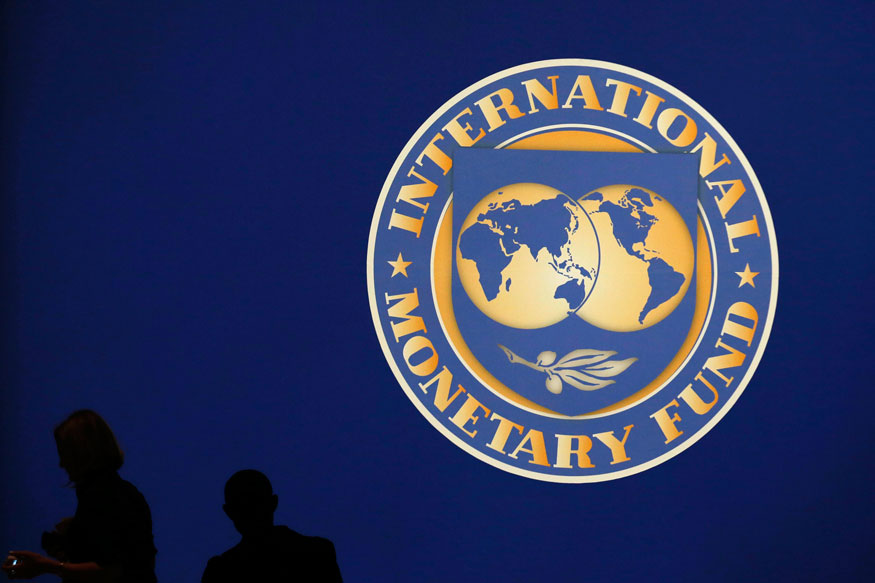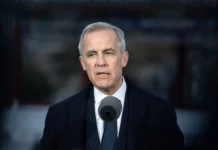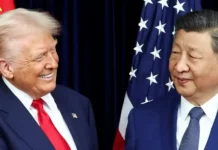 WASHINGTON: Operational independence is important for a central bank to carry out its responsibilities, a senior IMF official has said, amidst the growing debate in India over the RBI’s autonomy following Urjit Patel’s resignation as its governor.
WASHINGTON: Operational independence is important for a central bank to carry out its responsibilities, a senior IMF official has said, amidst the growing debate in India over the RBI’s autonomy following Urjit Patel’s resignation as its governor.
Patel stepped down on Monday as the RBI Governor citing “personal reasons”, weeks after differences between the central bank and the government regarding its “independence” became public.
A day later, former economic affairs secretary Shaktikanta Das was appointed as the new governor of the central bank with immediate effect.
The International Monetary Fund (IMF) on Thursday said “operational independence” of central banks like the Reserve Bank of India (RBI) was important for carrying out their responsibilities.
Gerry Rice, IMF Director, Communications, said this in response to a question on the recent developments at the RBI. He, however, added that his views were in the context of international experiences.
“International experience shows that operational independence is important for a central bank to carry out its responsibilities,” Rice said in response to a question.
The RBI played a vital role in ensuring economic and financial stability, and was an important counterpart and partner for the IMF, he said.
Rice added that the IMF had “taken note of” the resignation of Patel as the governor of the RBI and the appointment of Das as his replacement.
“We believe Patel was instrumental in formulating the Reserve Bank of India’s inflation-targeting framework as a deputy governor and in successfully implementing it as governor,” he said.
“In wishing Governor Patel all the best in the future, we also look forward to working closely with Governor Das and wish him well in his new incarnation,” Rice said. PTI






